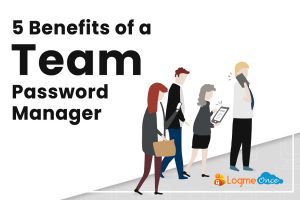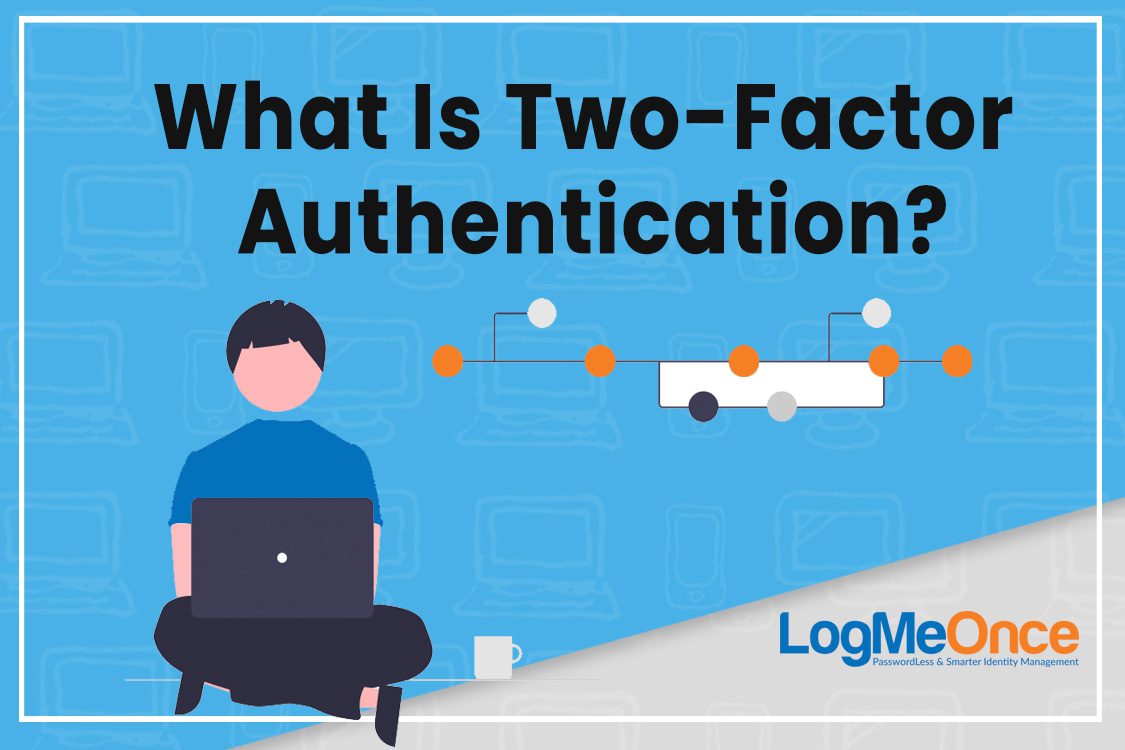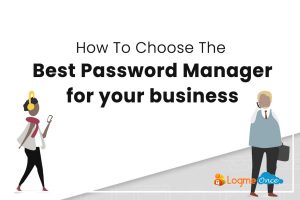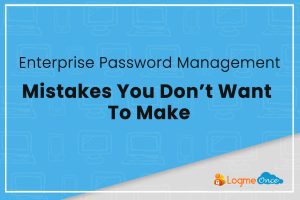Many business owners use random password generators to create unique but easy-to-remember passwords for their users. Generating secure and easy-to-remember passwords is important for both your business protection and your data's safety.
Yet, hackers are getting smarter by the day, with more sophisticated technology to decipher common passwords. Let's take a
Read More

5 Benefits of a Team Password Manager
Do you own an online business? There are over 1.8 billion websites on the internet. As technology continues to advance, people are beginning to migrate to the internet. From regular lives to businesses, online platforms are becoming the new normal. So much of the internet holds our personal information, like names and bank accounts. Hackers now have more advanced technology to gain access to our accounts. Some experts claim that we are now more vulnerable to cyber-attacks. Do you want to protect your business? Consider using a team password manager! In this article, we show you some of the benefits of using a password manager for a team. What is a Password Manager Your password is one of the first lines of defense when you own an account. Many websites require capital letters, numbers, or special symbols to encourage strong passwords. Some people use different passwords across different platforms. However, it can be hard to remember all of these passwords. A password manager is an app that allows you to store your login credentials. It encrypts this information to prevent hackers from stealing it. Some password managers can give you a strong and unique password for each account. It will also autofill your login information. All you need is to remember the “master password” to access your other passwords. Types of Password Managers You can find many types of password managers. Some base their services on storage, features, or technique. Here’s a quick run-down of the different types of password managers. Desktop-Based This is one of the most popular and oldest forms of a password manager. It stores and encrypts your password in a localized desktop machine. Cloud-Based Cloud services allow you to upload resources on an online server for easy access from “any where and anytime”. A cloud-based password manager does the same for your passwords. It transmits your information through a secure communication channel. Browser-Based Your default search engine might already have a built-in password manager. Some apps, like Firefox and Chrome, allow you to store and manage your login information. Unfortunately, hackers always target vulnerabilities in web browsers so that they can exploit them as thoroughly as possible before they’re patched. This may be the least secure type of password manager. Portable You can use a portable device like a mobile phone to store your login information. You may also an HDD or a USB stick. Token-Based Token-based password managers give you an extra layer of security. It uses multi-factor authentication. Stateless This type generates random passwords. They use a master passphrase provided by the user. They may also use a key derivation function to generate a tag. How Easy is it for Someone to Get Your Password Data and security breaches occur every day. A hacker can access a company’s system through the weakest part of their systems. Through this, they can access passwords, emails, and other sensitive information. Cyberthieves can also exploit account or device vulnerabilities to steal information. It can range from weak passwords to outdated software. Birth dates and pet names are also the easiest to guess. Some hackers use malware to steal information. If you have outdated software or antivirus apps, you may suffer from malware attacks. Other cyberthieves use keyloggers to access sensitive information. Online businesses are not immune to cyberattacks. If you have a business website, it may hold sensitive information about your team or customers. The pandemic forced many businesses to turn to online means. Whether you’re new to eCommerce or have been in it for a while, you need to prioritize security. Here are some of the benefits of using a team password manager. 1. Manage Shared Accounts Managing passwords for a team can be a hassle when running a business. It can be more difficult if more than one person needs to access one account. Example – more than one employee may need access to FedEx or UPS to ship overnight packages, but would not need to know the actual passord is “%Mn*frzx4@ghT” . With a team password manager, you can securely share, change and manage passwords. Get an app that enables one person or administrator to access the master password without sharing it with other account holders. You can add or remove access for any member of your team. 2. Create Stronger Passwords A team password manager allows you to create stronger passwords using “Password Generator” and/or “Password Calculator”. Since you don’t have to remember them all, you can create unique passwords for each account. You can set up security standards for logins. If you work with a team, a password manager can help you set up security protocols. You can assign the necessary length and complexity of a password. You may also enable 2FA and keep track of app updates. 3. Auto Log-in to Sites Your chosen app is not only a tool for managing passwords. You can also use it to auto-login to your website. Remember that if you’re using a password manager app, assign your browser not to remember passwords. This will prevent a hacker from accessing your password vault. This can also help you save time if you have multiple accounts. 4. Secure More Than Passwords Your app can store and secure more than your login credentials. Some password managers can store password recovery questions. You can record answers, but disable your password manager from auto-filling them up. You can also save your credit cards and membership cards. If your website has a company credit card, a password manager can help you secure it. You can also store notes and other sensitive information that you can only share with your team. 5. Alerts You from Potential Security Breach Most phishing scams occur when you open a suspicious email. Phishing is when fake spam emails look like they come from a legitimate sender. It contains links asking you to click on which can harvest login details when opened. A password manager can alert you to phishing sites. A high quality password manager will compare


























